
Startups face a lot of challenges, but putting together the tools and infrasture they need to get up and running shouldn’t be one of them. Startups need to minimize cost and effort so they can focus on brewing their secret sauce, but they can’t afford to look like amateurs.
That’s where ReadWriteRecommends comes in. The Startup Toolkit identifies the top tools in seven critical categories: productivity, project management, accounting, file sharing, payments, web content management and support. Some of these tools are consumer-grade. Others are used by the world’s largest corporations. And they’re all just the right size for startups.
1. Productivity Suites
Winners: Google Apps AND Microsoft Office
Pundits have been predicting the death of the office productivity suite for more than 10 years, but it hasn’t happened yet. Instead, they just keep getting new features and new capabilities. And that’s why we have two winners in this category. Turns out you need them both!
Google Apps for Business is a fantastic suite of affordable services that will handle email, calendaring and productivity for the majority of your business the majority of the time. It’s years ahead of Microsoft for multiuser documents.
But MS Office remains the worldwide standard, and when VCs ask for a presentation in Word or PowerPoint format, you want to know exactly what they’re seeing, right down to the pixel. You won’t need a site license to cover your entire team, but plan on supplementing Google Apps with copies of Office for key marketing and executive employees, as well as anyone who spends a lot of time working offline.
2. Project Management/Tracking
Winner: BaseCamp
ReadWriteWeb has been a big fan of BaseCamp for years, even using it inside its own walls. Our biggest gripe was solved by beefed-up mobile support, and its user interface has actually gotten simpler as the app has gained features. In its most recent incarnation, BaseCamp has replaced drab, visually tiring lists with a simpler, more graphical UI (pictured above) that makes toggling through projects, calendars and reporting almost effortless.
Pricing starts at $20 a month, with a 45-day free trial. You can certainly find open-source alternatives for less, but while other tools can challenge BaseCamp’s functionality, they can’t touch its UI. You’ll cover your monthly costs in support savings in your first week.
It’s worth mentioning that software development firms or other startups with very detailed project milestones and dependencies may find BaseCamp insufficient for some situations. In those cases, you may have to rely on more traditional – and more expensive – project management software, such as Microsoft Project, for the heavy lifting, but you still might find value in BaseCamp as an intranet tool for the rest of your company.
3. Accounting
Winner: QuickBooks
QuickBooks, in its various incarnations (up to a $249.95/year contract that includes mobile app and phone support), handles everything a startup or small business might need, and it integrates seamlessly with Intuit’s other financial products. But QuicBbook’s true strength stems from its ubiquity.
Almost every accountant or auditor who’s worked with a small business is familiar with QuickBooks, dramatically increasing your ability to work with outside contractors, potential investors and business partners. Almost every financial software developer (including some of Intuit’s competitors) have built connectors to QuickBooks, eliminating the need for clunky and error-prone manual exports and imports. When it comes to financial software, it makes sense to follow the leader.
4. File Sharing
Winner: Dropbox
There are plenty of worthwhile business competitors to Dropbox. Box.net has done a great job of outdoing Dropbox in certain respects. And Dropbox isn’t perfect. For example, sharing folders in a large company can still be a bit awkward. But Dropbox’s virtues are undeniable. Its user interface couldn’t be any simpler: It’s a folder. Drop things into it. It works flawlessly via Web, PC, Mac or mobile, which can be a lifesaver if you need to work with an important presentation on the road. If you’re on a budget, you can actually get a lot of use from the free accounts before you have to upgrade, particularly if you work the referral system or participate in beta programs, which can dramatically raise your free storage cap. Make no mistake: You will eventually need to upgrade, but by the time you do, it will be a no-brainer.
5. Payments
Winner: PayPal
If you need to accept credit cards on your Web site and you don’t want any hassle, look at PayPal. It has a simple sign-up process, gives one-stop access to all major credit cards, and lets you accept direct payments from other PayPal accounts, which can be very helpful, depending on your customers.
If you need to process recurring (subscription-based) payments, though, look into Recurly. Like BaseCamp, Recurly’s power is in its simplicity. Recurly is a management console that sits on top of a merchant account (which it can also provide), letting you address complex functions with relative ease. Recurly automates complex calculations and adjustments, making it simple to create new products and price points, move users between products and packages, prorate refunds or billing, and modify renewal dates. Its reporting interface is equally simple and powerful.
6. Web Content Management
Winner: WordPress
Every company needs a Web presence, and it’s tempting to stand out from the pack by building something different. But different takes effort, and distracts from your website’s core mission: providing information about your company to your users, partners and investors. Communication should come first, and you shouldn’t have to reinvent the wheel.
That’s where WordPress shines. Some developers will complain that it’s not as extensible as other frameworks, and they might be right, but that’s irrelevant. You need to get information to your audience as efficiently as possible, and WordPress is perfect for that.
Equally important, WordPress is more popular than all other content-management systems combined, with massive networks of developers, designers and SEO experts ready to help out at a moment’s notice. It’s also incredibly flexible, allowing you to change your entire layout and composition with a single theme file, while still maintaining your site’s integrity and standing with search engines. The content creation and editing interface is simple enough for any worker to use. It’s also free, and offered and supported by almost every hosting company.
For software developers: If your company is developing custom Web applications, WordPress can still serve as a front-end for your more static, public-facing content, but you’ll obviously need to develop something more involved to showcase your merchandise. Before you consider hosting your own servers, check out Web services like Amazon’s Application Hosting. You’ll save a ton of time and money, and gain a level of redundancy you almost certainly couldn’t otherwise afford. It worked for Instagram, so it will probably work for you.
7. Support
Winner: Zendesk
Once you have customers, you’ll need to support them, and $20 a year isn’t a lot to pay for solid tools. ZenDesk’s Starter plan gives you access to everything you’ll need to get your business through its first year, supporting three agent accounts and an unlimited number of support tickets and end-users. For your 20 bucks, you get a full ticketing system with two-way Web and email channels, mobile applications and customizable forums you can use to build a knowledge base.
You can certainly find cheaper ticketing and forum software, but you’ll sacrifice support and integration and add a burden to your own IT staff.
What are your favorite startup tools? And what additional categories should we include in the Startup Toolkit? Share your suggestions in the comments.
– Cormac Foster
Lead image courtesy of Shutterstock.
Read more : RWW Recommends: The Startup Toolkit

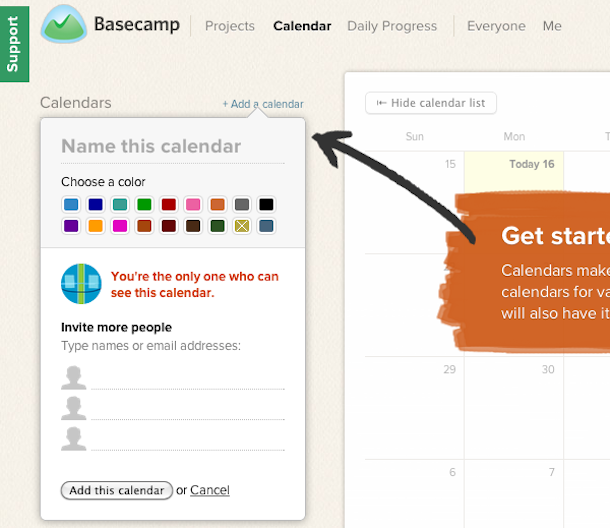
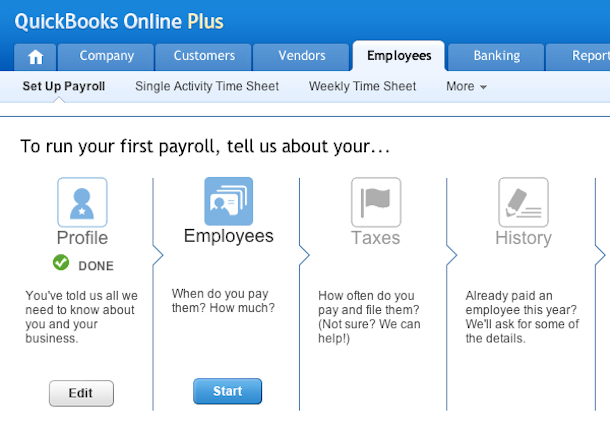
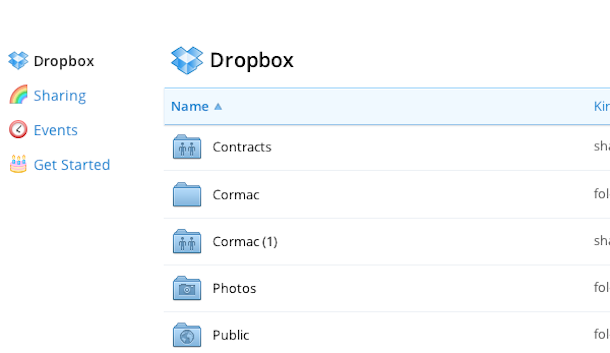
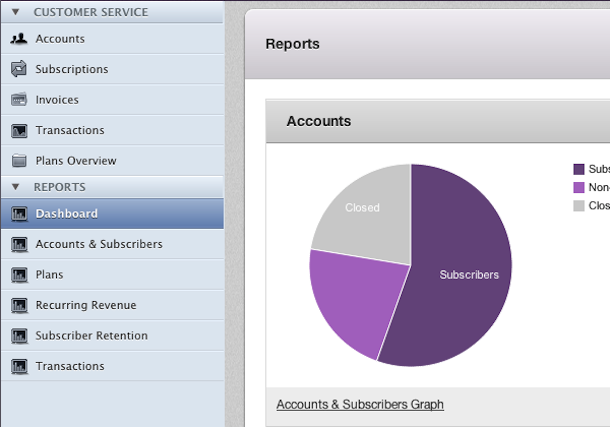
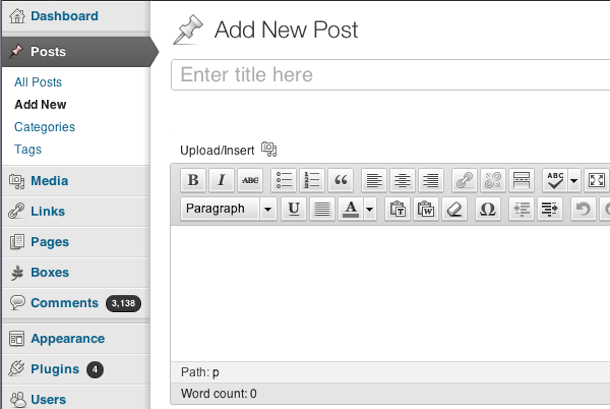
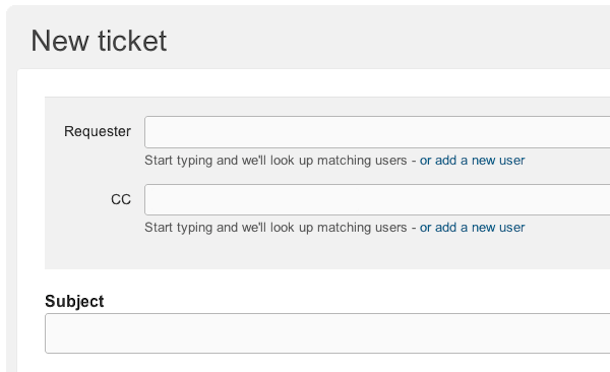

0 Responses
Stay in touch with the conversation, subscribe to the RSS feed for comments on this post.